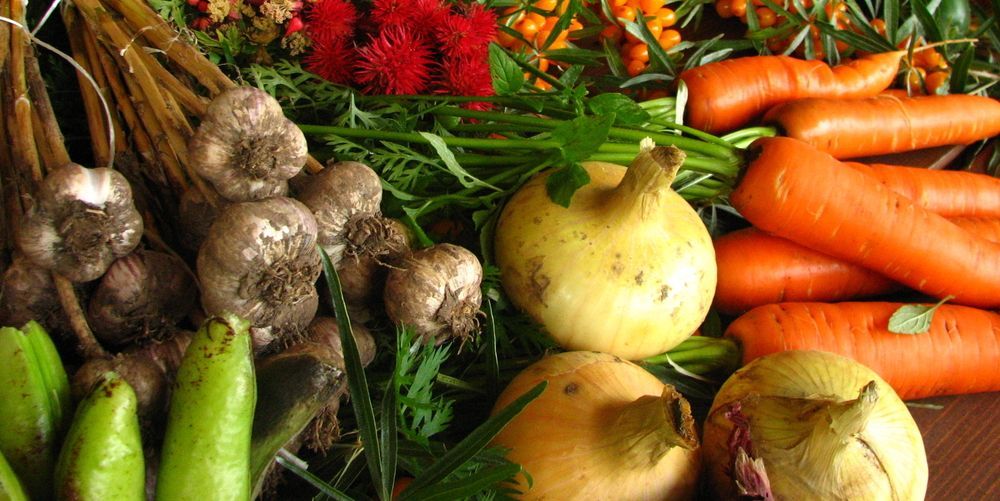Goodbye Wax, Hello Gel: Scientists Develop Non-Toxic Hydrogel That Keeps Fruits and Vegetables All Month Long!
Say goodbye to wilted spinach and soggy tomatoes, science just got tasty! A team of brainy folks from Adoor St Cyril’s College in Kerala have cooked up something amazing: a hydrogel-based coating that keeps fruits and veggies fresh for up to 30 days! Yup, no fridge tantrums or mysterious chemical sprays involved. Spearheaded by research scholar Fr Rejo Mathew Joseph, with backup from Dr Anoop Chandran and Dr Runcy Wilson, this jelly-like hero is here to give your produce a longer life and your kitchen a well-deserved break. They even had a helping hand from food tech wizard Dr Sony George from Kollam’s TKM Institute.What’s Behind the Gloss? Behind the Colourful CoatingTurns out, not all that glitters is good for your gut. Many fruits in the market are coated with food-grade waxes and chemicals like morpholine, and some shady ones even use calcium carbide, a banned substance that’s still sneaking around. These nasties may keep fruits looking fresh, but they mess with taste, texture, nutrition, and your health. Our hydrogel coating? None of that drama. It’s non-toxic, washable, and doesn’t play tricks on your tongue or tummy.Food Preservation: A Freshness that lastsThis innovative hydrogel coating forms a gentle, moisture-retaining layer around fruits and vegetables, helping them stay fresh for longer—even in Kerala’s challenging tropical climate. It offers an effective alternative to energy-intensive refrigeration and costly shellac coatings.While shellac can extend fruit shelf life up to 10 days, its performance drops sharply above 30°C. In contrast, this hydrogel continues to work efficiently in higher temperatures, offering a more sustainable and affordable solution.Patent in Progress: A Step Toward Fresher ProduceThis promising innovation is moving beyond the lab. Researchers are expanding trials, testing it on a wider variety of produce, and preparing to file for a patent. A collaboration with New Zealand-based Carbon Dot Limited further boosts its potential for international impact.What started in Kerala could soon benefit farmers, retailers, and consumers across the globe—bringing a fresher, more sustainable future to our food systems.

